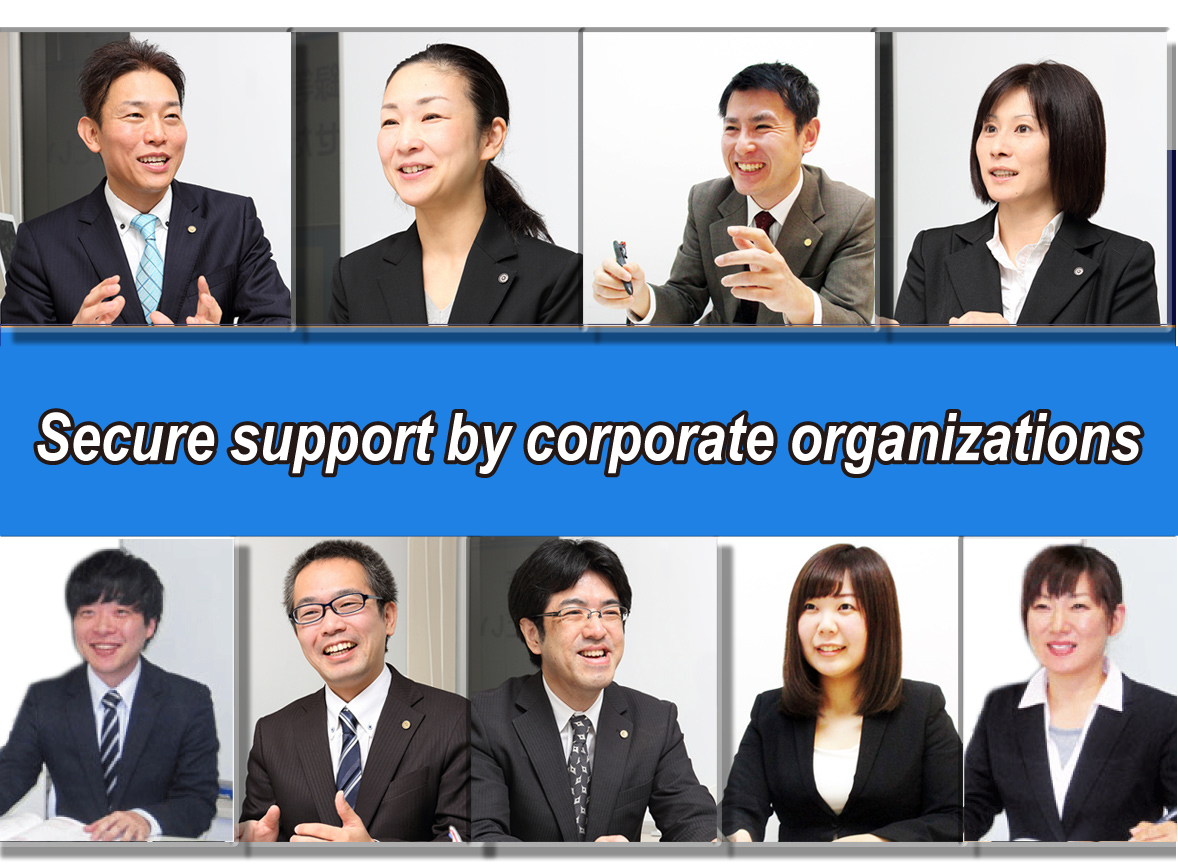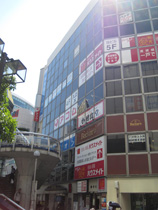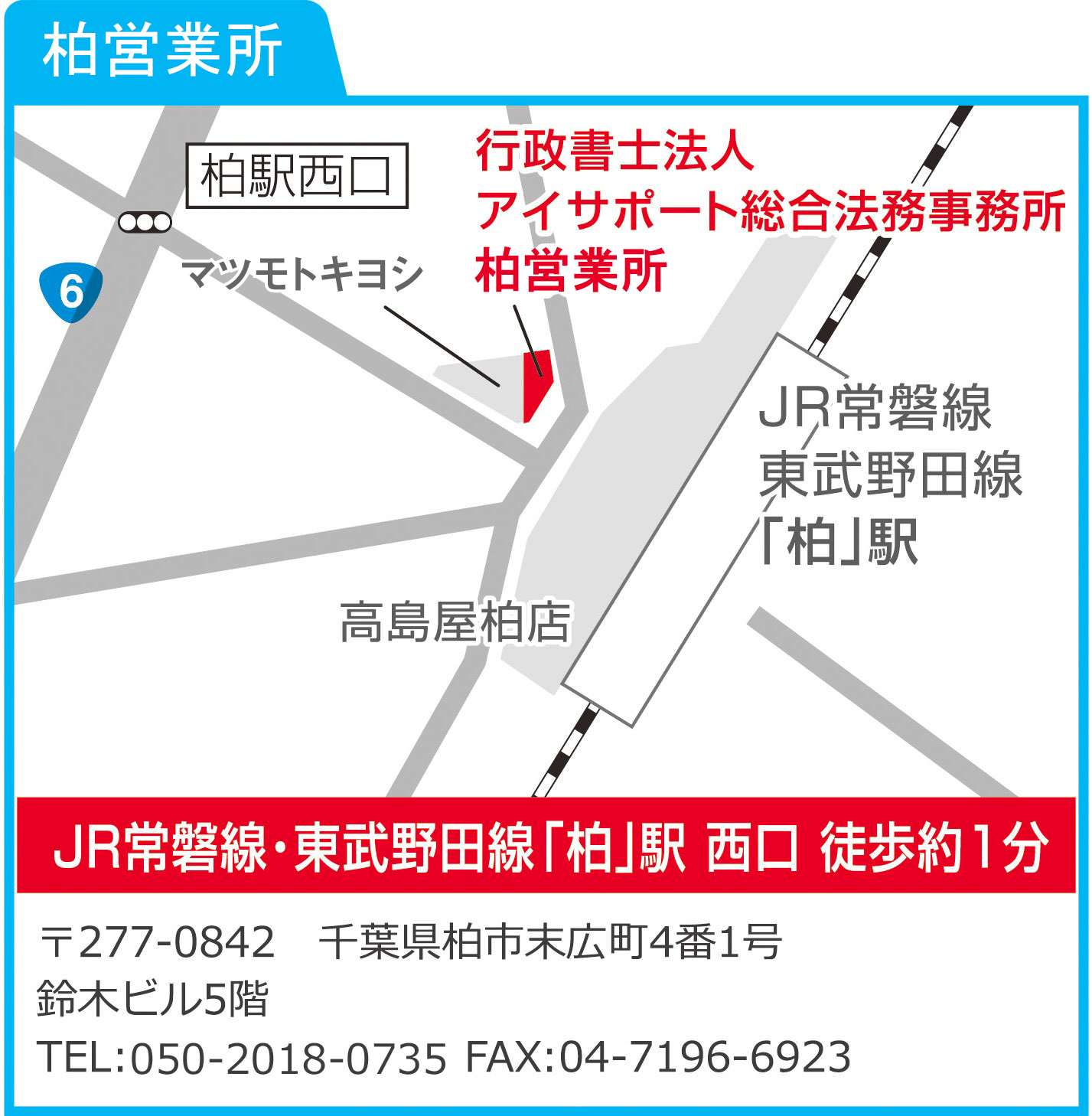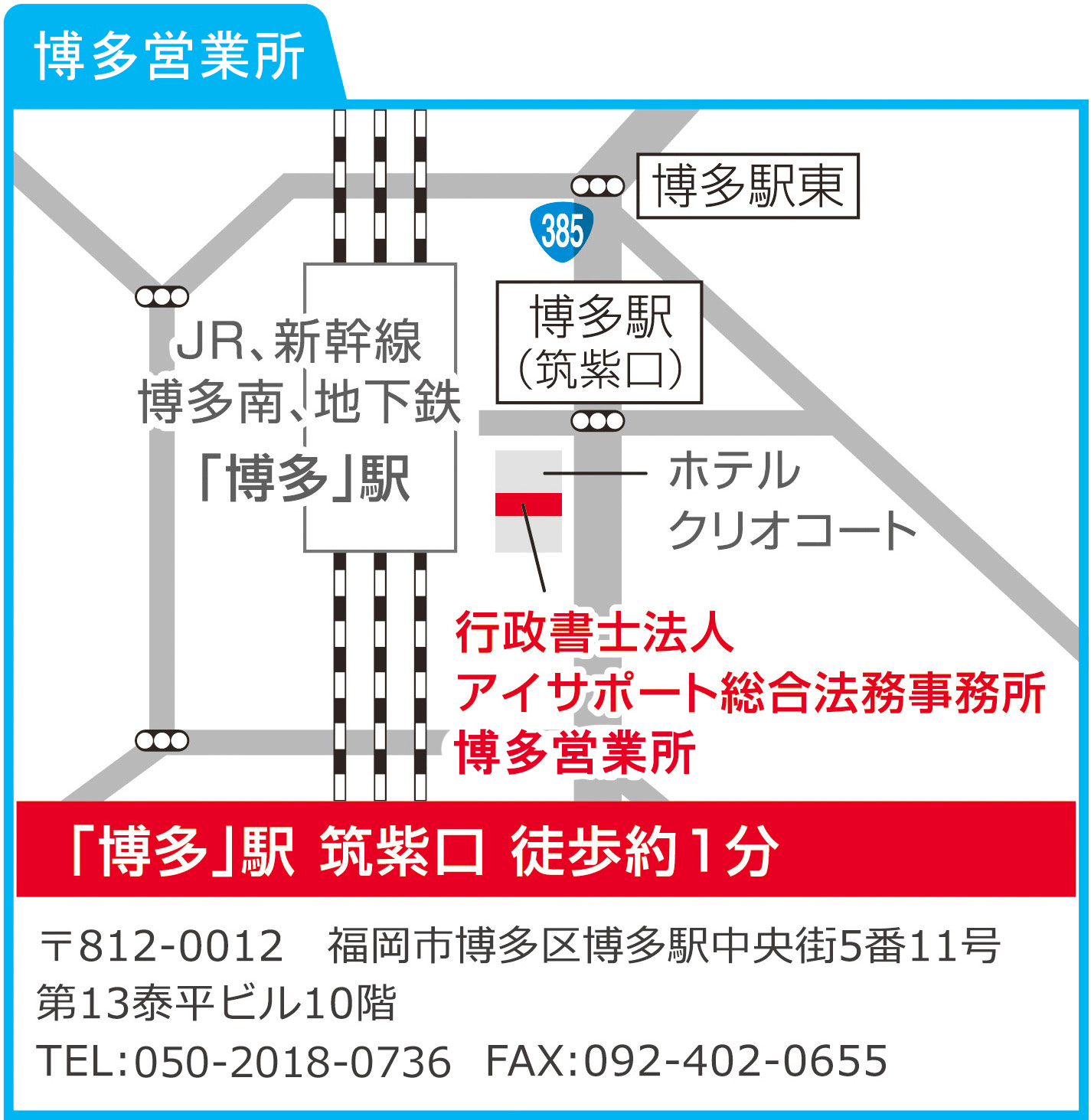Highly specialized occupations
In order to proactively attract talented foreigners, a new category of “highly specialized occupations” has been added to the so-called “work visa“.
“Highly specialized occupations” includes the following :
| Status of residence | Examples of occupations | Period of stay |
|---|---|---|
| Advanced Academic Research Activities “Advanced Professionalism #1(I)” | Research, research guidance, or educational activities based on a contract with a public or private institution in Japan | 5 years |
| Advanced Professional and Technical Activity “Advanced Professionalism #1(RO)” | knowledge or skills in the natural sciences or humanities on the basis of a contract with a public or private institution in this country. Activities to engage in the work required | 5 years |
| Advanced Management and Administration Activity “Advanced Professional #1 (HA)” | Engaging in the management or administration of a business in a public or private organization in Japan | 5 years |

The category of the visa you apply for depends on the type of work you will be doing in Japan. Please check which of the above categories of visas you will be applying for first.
In addition, whether or not you can obtain a visa for a “highly professional” occupation is determined by the “advanced human resources point system“. You will need to earn a minimum of 70 points.
You will need to earn 70 points or more every five years for renewal, so it is important to check in advance.
If you can no longer obtain 70 points or more, you will have to change to another work visa.
Now let’s take a look at the actual application process.
Case 1: The applicant (a foreign national) lives outside of Japan
STEP1 You must submit an application for a Certificate of Eligibility to the Immigration Bureau.
The application must include a points spreadsheet and documentation to substantiate the points.
STEP2 The immigration authorities will review the applications and materials submitted.
If you pass the examination, you will receive a Certificate of Eligibility in the highly specialized occupation.
Even if you fail to clear the examination, you can still get a certificate of eligibility for a non-highly specialized work visa. If you have a visa, you will be issued a “Certificate of Eligibility” for the appropriate work visa, if you wish to do so.
STEP3 Issuance of a Certificate of Eligibility
A “Certificate of Eligibility” will be issued by the Immigration Bureau. By presenting a “Certificate of Eligibility” to the Japanese Embassy in your home country, you will be able to receive a visa smoothly. You are able to enter Japan.
Case 2: The applicant (the foreign national) is already living in Japan with a valid visa
STEP1 Submit an “Application for permission to change status of residence” or “Application for permission to extend period of stay” to the Immigration Bureau.
You will need to submit a points spreadsheet and documentation to substantiate your points on this application.
STEP2 The immigration authorities will review the applications and materials submitted.
If you can clear the examination, you can change your visa to a higher professional status.
Even if you fail to clear the examination, you will not be able to stay in Japan during the period of your visa. It is possible.
STEP3 Permission for Change of Status or Extension of Period of Stay
Advantages of Getting a “highly specialized occupations” Visa
(1) Multiple activities of residence are allowed
Normally, foreign nationals can only work in the country with permission, but highly skilled foreign nationals are You can perform activities incidental to what you have been authorized to do.
(2) Permitted for a 5-year period of stay
Highly qualified foreign nationals can obtain a visa for a maximum legal term of five years.
(3) The requirements for applying for a permanent residence permit are relaxed
To obtain a permanent residence permit, you must have lived in Japan for at least 10 years, in principle. For human resources foreigners, the 10 years has been relaxed to 5 years.
In practice, the application for permanent residence permit is treated as accepted after 4 years and 6 months.
(4) The spouse is allowed to work
In the case of the spouse of a highly qualified foreigner, work activities that require the spouse to meet the requirements of education and work experience are also It can be done.
(5) You can bring my parents to Japan
Under the current system, foreigners residing in Japan on a work visa cannot bring their parents to Japan. However, highly skilled foreign nationals are able to bring their parents to Japan if they meet certain conditions.
(6) Domestic servants can be brought to Japan
Domestic servants can be brought to Japan if certain conditions are met.
(7) Priority processing for immigration and residence procedures
Immigration and residency screening for highly skilled foreign nationals is prioritized for early processing.
*The application for naturalization is under a different system than the visa. Therefore, even if you are certified as a highly skilled foreigner, there is no relaxation of requirements for naturalization.


























